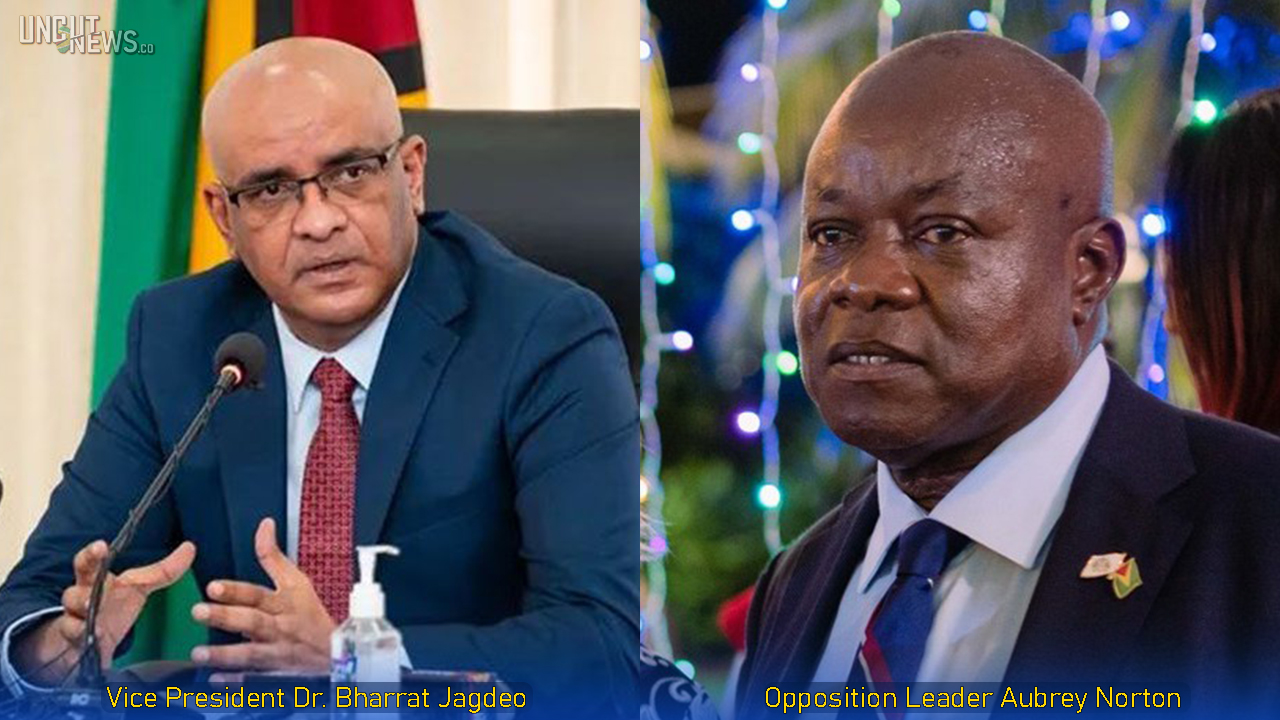
Recent discussions have brought to light the critical importance of transparency and strategic planning in Guyana’s burgeoning oil industry. Vice President Dr. Bharrat Jagdeo, charged with overseeing this sector, has found himself at the heart of these debates, prompting a closer look at the government’s strategies from the parliamentary opposition.
During a recent press conference, concerns surfaced regarding the government’s communication about oil reserves and revenue projections. Opposition members have emphasized the necessity of greater transparency, asserting that citizens have a right to know about the nation’s natural resources and the financial implications of oil ventures.
Dr. Jagdeo’s statements have come under scrutiny, with some critics interpreting them as dismissive. Yet, it’s crucial to recognize the complexities inherent in managing a rapidly evolving industry. Dr. Jagdeo’s focus on production reflects a practical approach aimed at maximizing overall national benefits.
While transparency is undeniably vital, it must be balanced with considerations of operational efficiency and commercial viability. Dr. Jagdeo’s emphasis on production aligns with efforts to ensure Guyana’s oil sector remains competitive globally.
Valid concerns raised by critics regarding the government’s transparency commitments should not be dismissed. Steps ought to be taken to address these concerns. However, it’s also important to acknowledge the strides made in establishing a foundation for effective governance in the oil sector.
Calls for the establishment of a Petroleum Commission staffed with competent professionals signal a broader desire for heightened oversight and accountability. Such a commission could play a pivotal role in ensuring responsible management of Guyana’s natural resources for the benefit of all its citizens.
As Guyana navigates the opportunities and challenges presented by its burgeoning oil industry, constructive dialogue and collaborative efforts are imperative. Through collective action, stakeholders can forge a sustainable framework that maximizes the benefits of oil wealth while safeguarding the nation’s long-term interests.













